Nina Totenberg is National Public Radio’s Legal Affairs Correspondent. She joined NPR in 1975. Her reportage on the Supreme Court has earned her numerous awards, including a Peabody. She features regularly on All Things Considered, Morning Edition, and Weekend Edition.
How did you get to become NPR’s legal affairs correspondent? Was this ever a job you considered as an adolescent or as a student?
No no no, I always wanted to be a reporter, and that’s what I always tell people. It’s hard enough to get a job as a reporter without having a specialty in advance. And, when I was a print reporter, I covered everything on the face of the earth… And even when I came into NPR and I had the so-called legal beat, we had far fewer people in those days, and I covered the Supreme Court, the Justice Department, the House and Senate Judiciary Committees, all the Special Prosecutors, and the Intelligence Community. And I cover little bits and pieces of some of those things now when it seems appropriate. But my main job is to cover the Supreme Court.
So why did you want to go into journalism in the first place?
… What I really wanted to do was have the chance to watch what goes on in the making of American history and then report that to people. And that’s otherwise known as gossip. It’s just high-class gossip.
Do the justices get along well?
[Well,] what you see in oral argument is sometimes they’re having a legal argument and they’re doing it in the form of asking counsel questions. But it’s very clear that they have reached a conclusion and they don’t necessarily agree [with each other]. But it’s not personal, and they’re not even talking to one another; they’re talking through somebody else and through their questions. You know, people put a lot of stock in what happens in oral argument, but in fact, it tells you relatively little. Sometimes you can tell how a case is going to go. Other times you can’t tell how a case is going to go, but the vast majority of what [the justices] do is behind the scenes and not seen by reporters who cover the court. It’s in their chambers when they read material, when they have their law clerks write bench memos for them, discuss it with their law clerks, and discuss it with their colleagues at conference. For none of that is any reporter there, or anybody else present for that matter.
Lately, Justice Scalia has been particularly outspoken in his opinions–
–in his dissents. That’s a critical difference because you can sort of raise the alarms when you’re in dissent and be as outspoken or even as bombastic as you wish. But if you’re writing the majority opinion, it has to be for at least five people, and that generally means you have to tone it down.
Would you say that Mr. Scalia’s dissents have had a negative impact on the discourse as he’s gotten more and more outspoken in them?
Well, he’s always been quite outspoken. I’d have to say he’s even more outspoken today than he might have been ten years ago, but I guarantee you that I could play you a piece of his dissent in one of the first gay rights cases in 2004 and it would sound just as outspoken, quote on quote, as his dissent in the same-sex marriage cases. So, I don’t know that it has a particularly negative effect. It’s very hard to know. If everybody were to adopt that same tone, it certainly would. But, if you have one or two people who are sort of out there on a court of nine, it doesn’t make a huge difference; in fact, it makes life more interesting, probably.
Are you familiar with the online meme for Ruth Bader Ginsburg called “Notorious R.B.G.”?
Yes.
What are your opinions on that?
Well, you know what it’s from, right? It’s from the Notorious B.I.G., and–I guess that’s it–and somebody dreamed this up and thought it would be funny, and she likes it. Her law clerks had to tell her about it. She thinks it’s hilarious.
It [still] seems like the Supreme Court is a very serious place, even a little bit stuffy at times, and perhaps for good reason. Are there ever any funny moments during oral argument?
Well, there are lots of funny moments. There’s even some law professor who counts up the number of laughs each justice gets every year. Scalia always wins. He’s always the funniest. And I think Breyer is usually second. [The justices can be] very caustic, but they can be very funny.
So a [few more] questions about you and your job. If you could travel back in time and give your high school self any advice, what would that advice be?
My advice would be to pick your battles, because I was always willing to fight every battle, and that is not particularly wise. It’s part being young, but it’s also being stupid. Pick the ones you really care about. [Totenberg didn’t provide more context for this during our interview, but she later followed up in a email, saying this: What I meant was that everyone on the job sees events or policies that are in varying degrees, in their view and unjust or offensive but not all of them are worth having a major battle over.]
If I wanted to become the next NPR Legal Affairs Correspondent, what would I do?
You would become a reporter first, without that specifically in mind. And you would first have the difficulty of getting a job, which is not easy in the journalism profession these days. And with luck, you’d get a job working at an NPR station and move up to being a correspondent eventually, and then maybe cover your local court system. Or, in the alternative, you would get a print job [as] a general assignment reporter, or I suppose you could go to work for one of the legal newspapers–they do employ a fair number of people. But, what I tell people over and over and over again is, you do not want to be a legal reporter or a legal affairs reporter if you don’t want to be a reporter first and foremost. People get moved in and out of their beats all the time, and you can’t be sure that you can make a living in one little niche. You have to love being a reporter, want to be a reporter, whether you’re covering the City Council or Congress or the White House of Afghanistan or whatever–or the Supreme Court–you have to love being a reporter, first and foremost. And the beat will fit you or not fit you eventually. And you will get a chance, if you’re good, at different beats. I mean, I covered Congress, I covered the White House, I covered everything.
And you just love what you do?
I love this. And it’s also suitable to my age is the truth. You know, covering a campaign at my age is difficult because you have to carry a huge amount of equipment, and you have to run like a crazy woman. And so, when you get to be a certain age, that’s harder; it’s just harder. And when I started out, furthermore, there were deadlines. There are deadlines now, but they’re never-ending because of the web and stuff like that. The day never ends. When I started out, it did end. At the end of the day, if you were covering a candidate for president, for example, you’d go have dinner around eight o’clock and maybe gather in the bar at 10 o’clock, and [there would be other] reporters and often staff from the candidate. [You’d] hang out together and talk shop. That can’t happen anymore because there’s always the next deadline, and it’s not very far away.



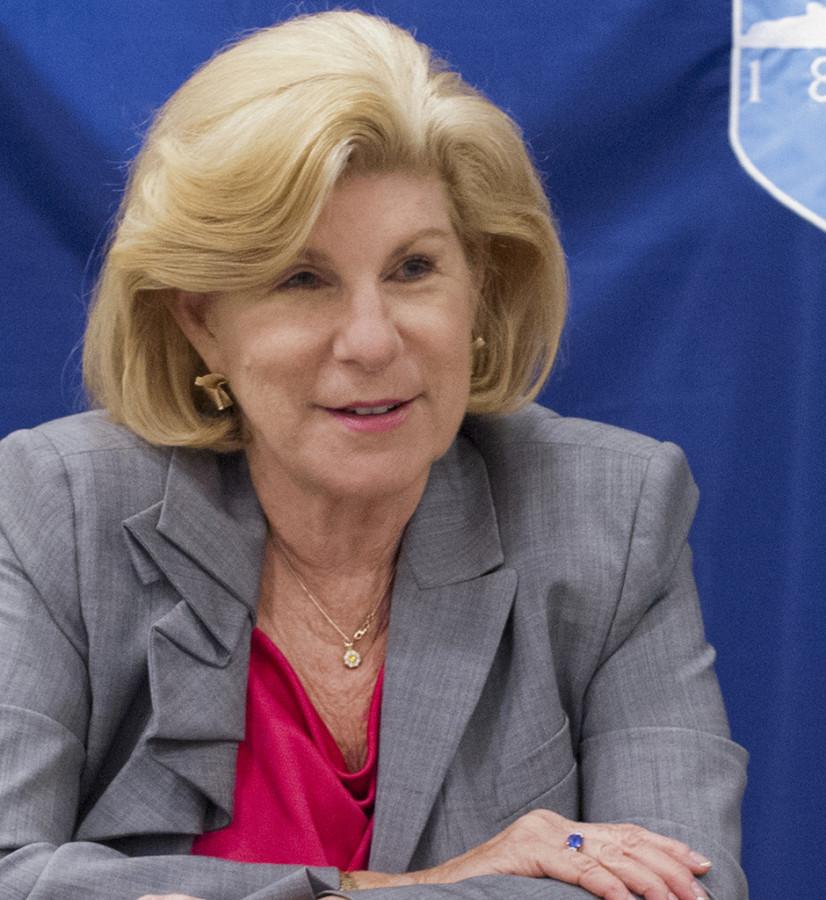
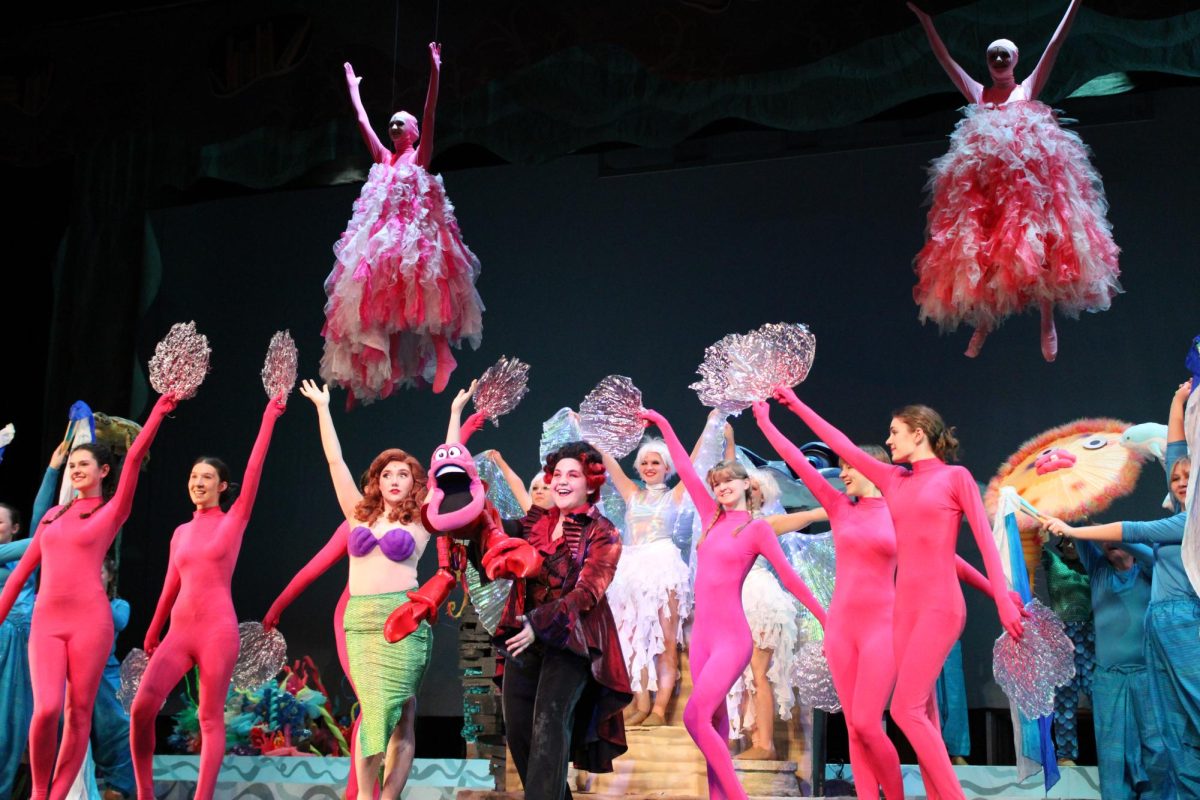
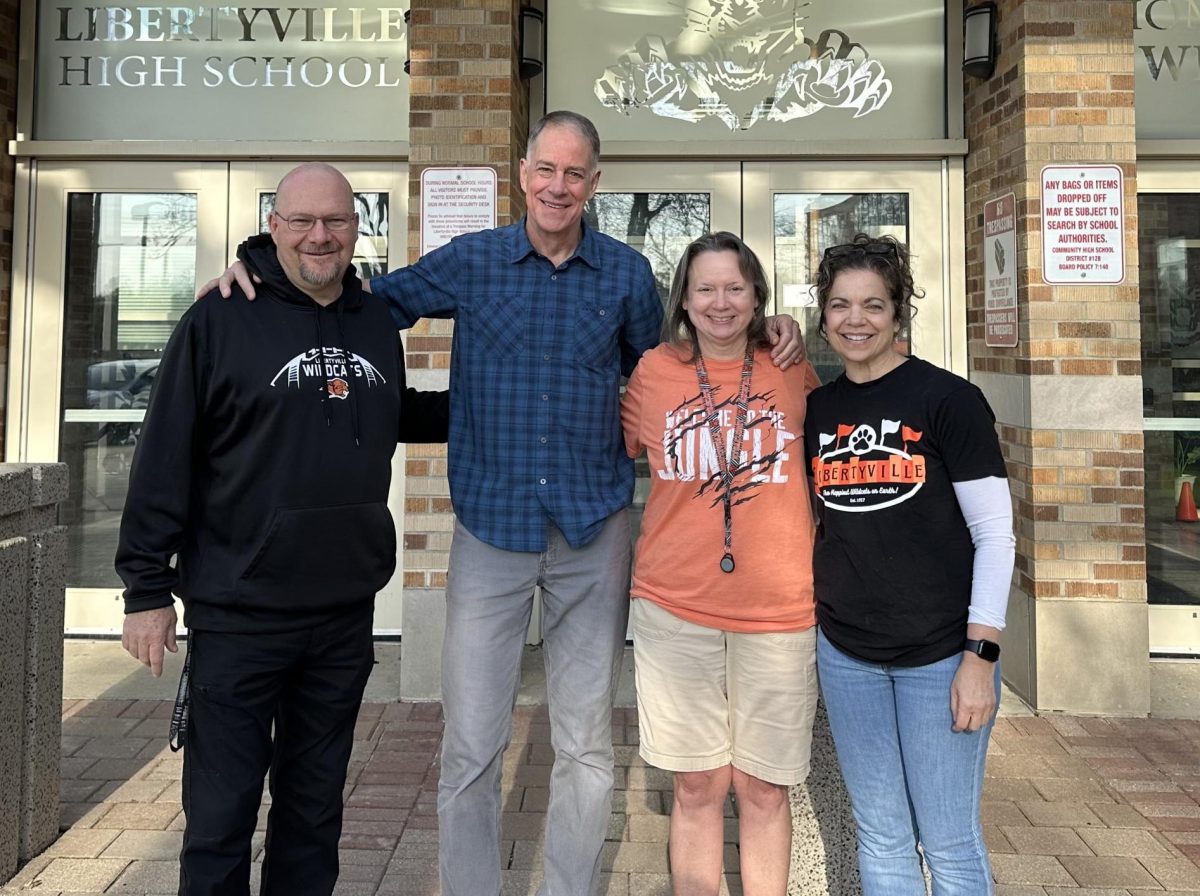
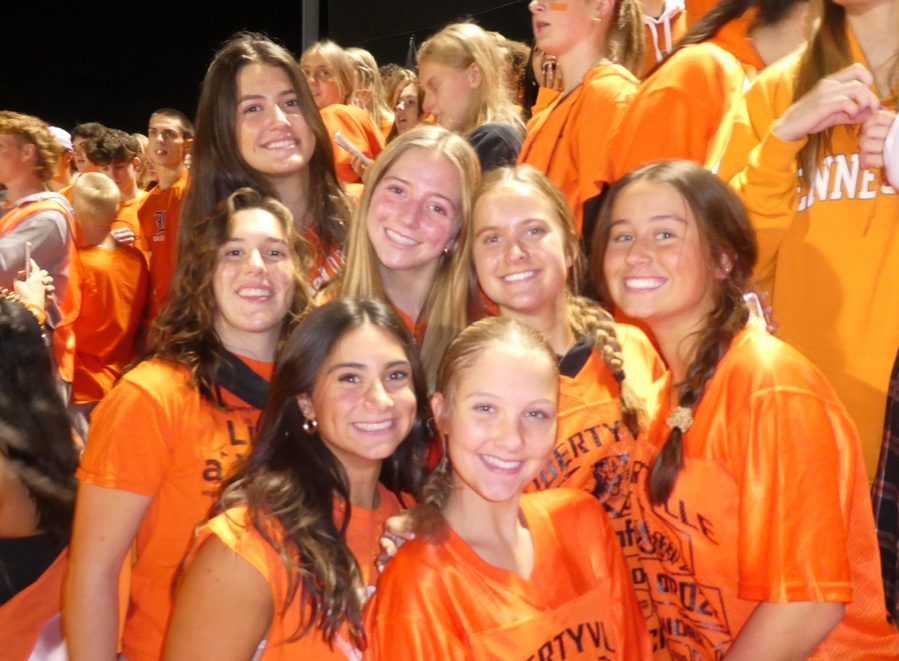
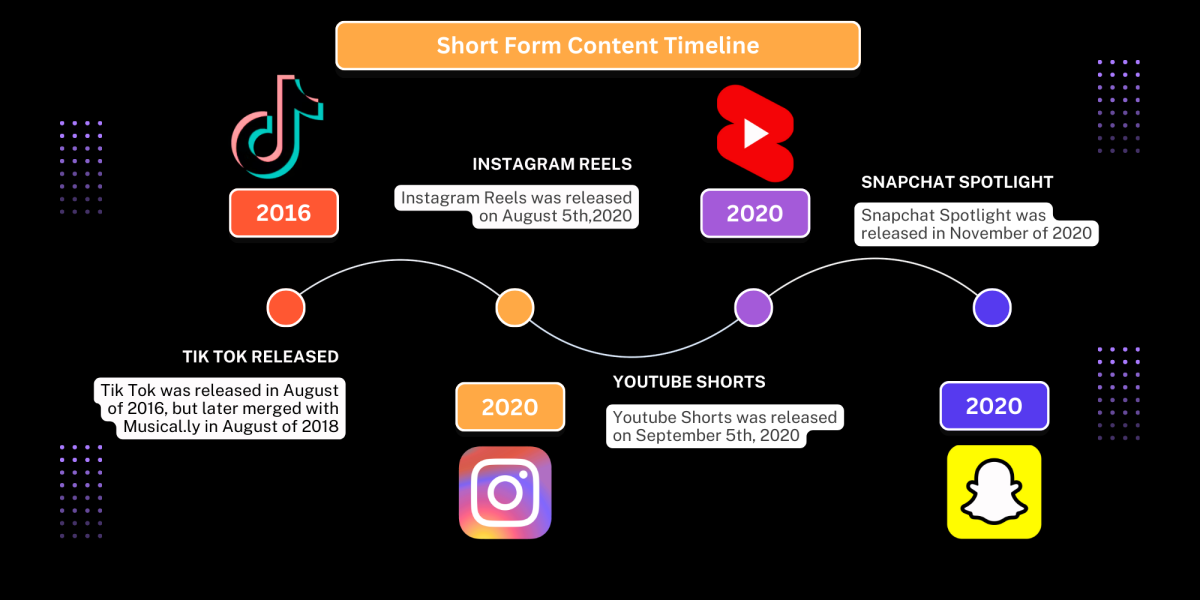
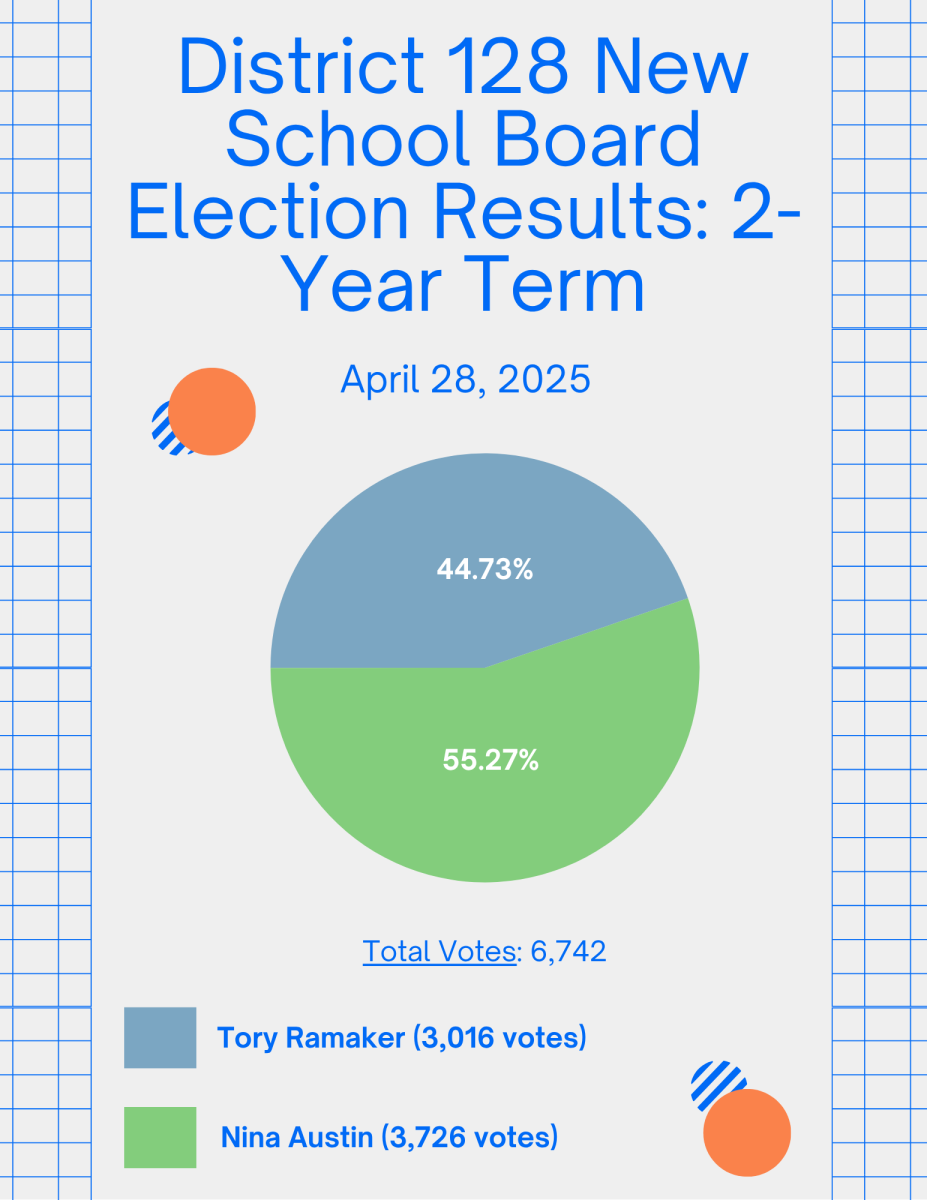

![Senior River Thompson joins the Jazz Ensemble by singing “That Old Black Magic” by Mercer and Arlen Arr. Mark Taylor, along with senior Annie Brody on guitar and junior Thomas Teixeira on bass, earning big applause. “[The concert had] great energy because it's the last [jazz concert] of the year,” Brody said.](https://www.lhsdoi.com/wp-content/uploads/2025/04/Eight-That-Old-Black-Magic-1200x800.jpg)
![Mr. Abullh Ali, manager/assistant, helps open Queen Yemeni Coffee in downtown Libertyville at 606 North Milwaukee Ave. With the help of employees such as manager and LHS senior Yousef Taha, they are able to bring the Yemeni and Ethiopian culture to Libertyville by using their Queen spices, cinnamon and cardamom in their drinks such as Adani Chai, which is inspired by Sheda, the Queen of Yemen and Ethiopia. “The history of our coffee [is] a long history and we believe that Yemen and Ethiopia started the coffee and we are bringing something unique to the community,” Mr. Ali said.](https://www.lhsdoi.com/wp-content/uploads/2025/04/Photo-1-1200x800.jpg)
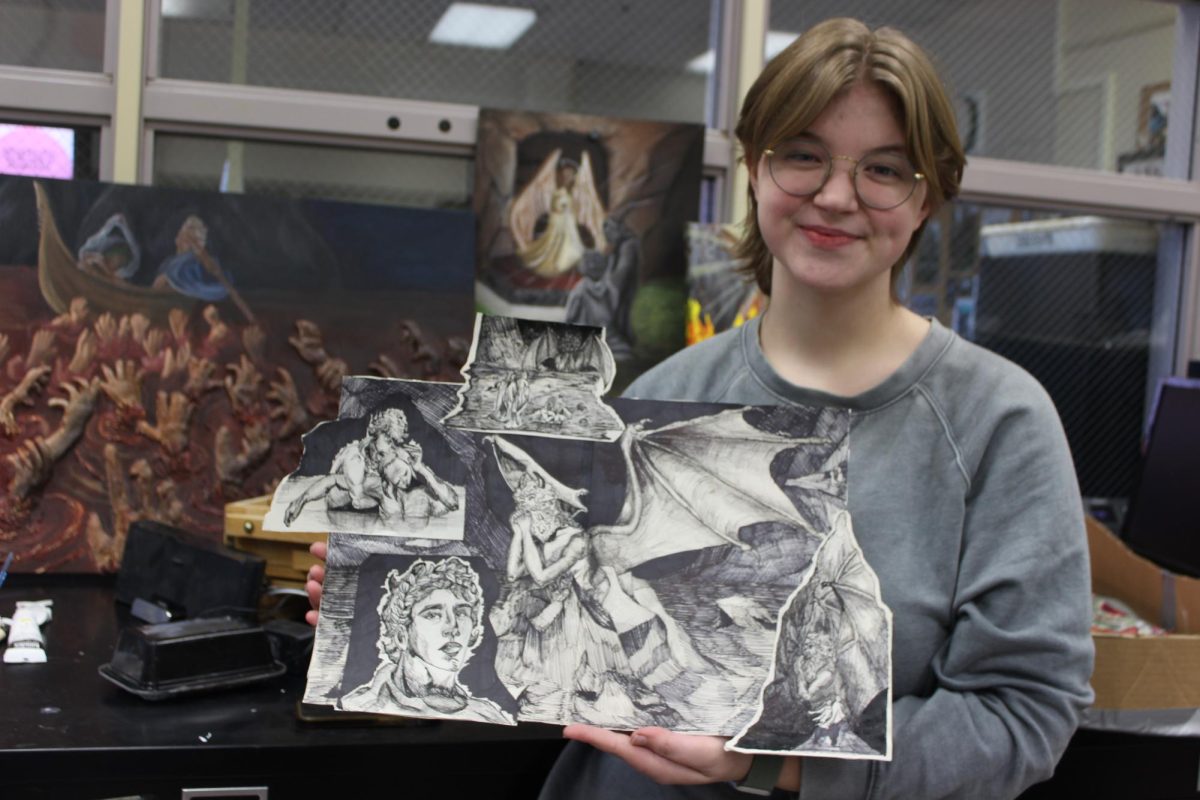
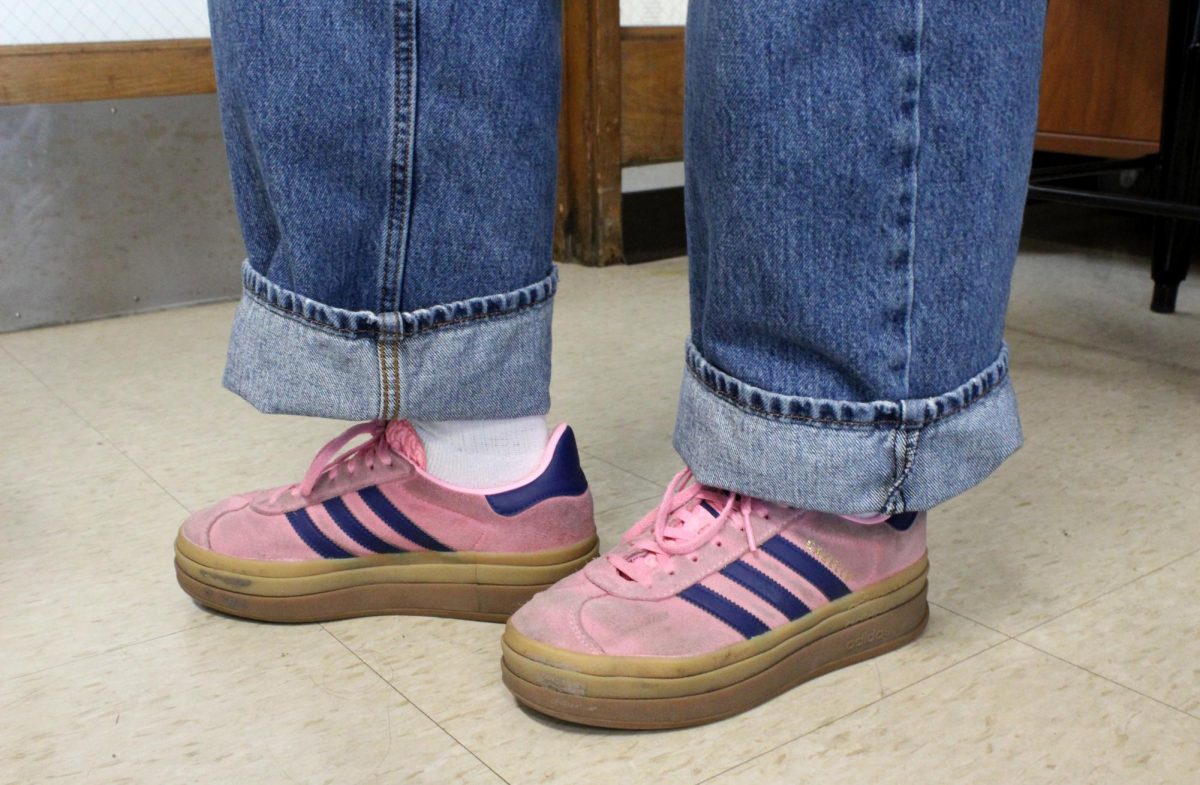

Thomas Ackerman • Oct 19, 2015 at 8:41 pm
Great piece, Connor! Sounds like a very cool opportunity to chat with Ms. Totenberg – very thoughtful questions.